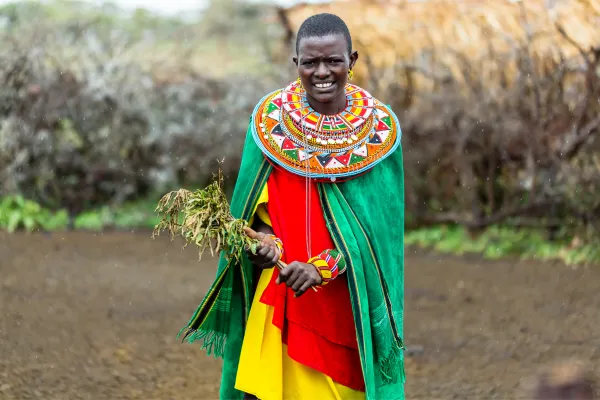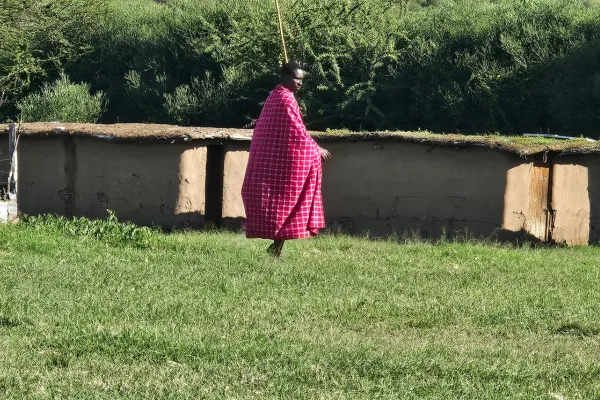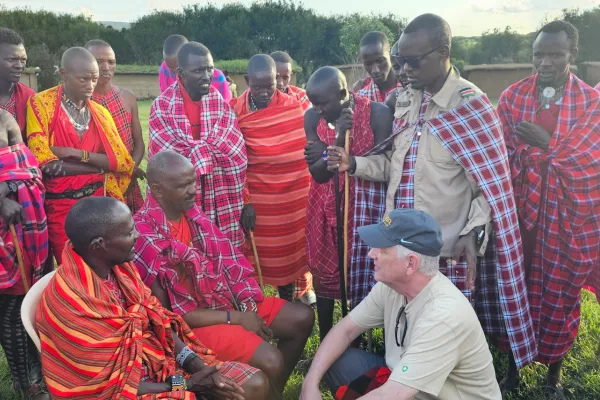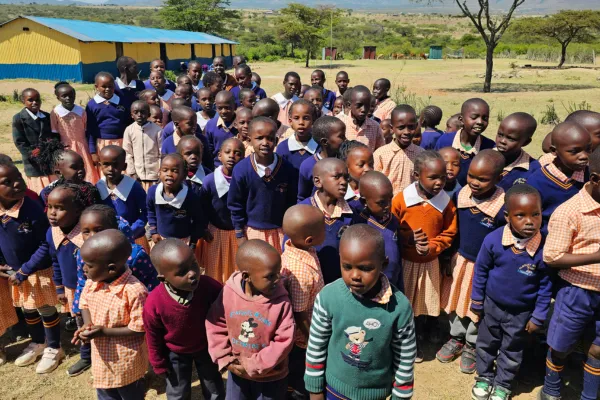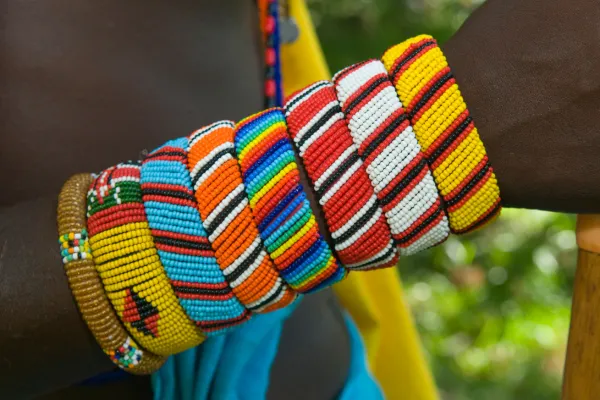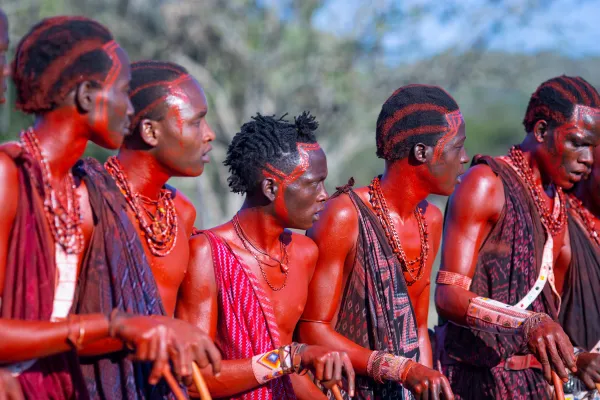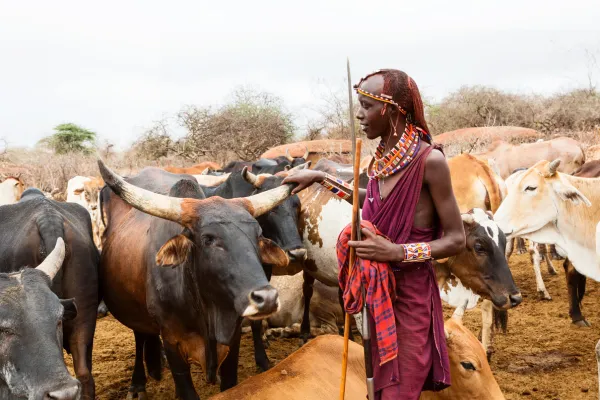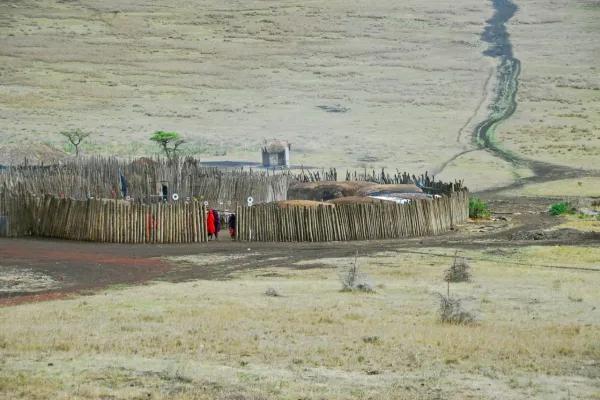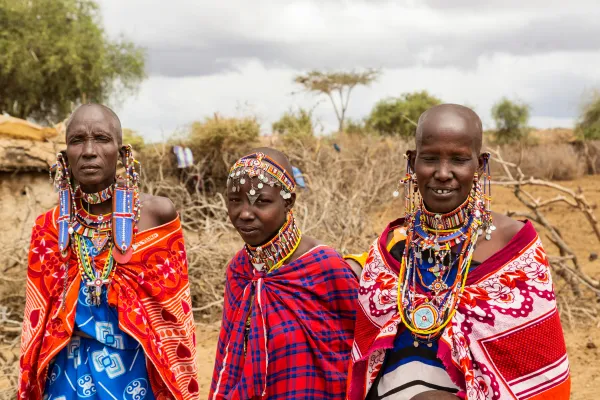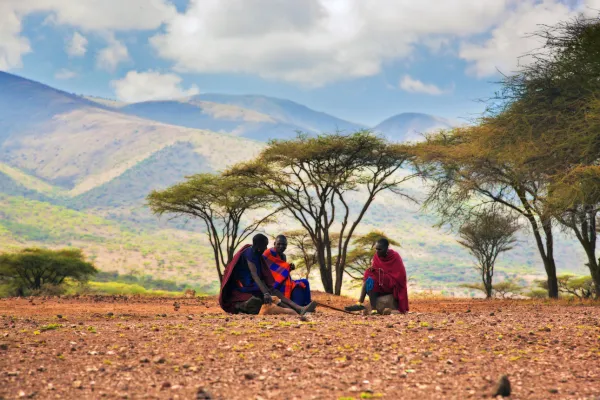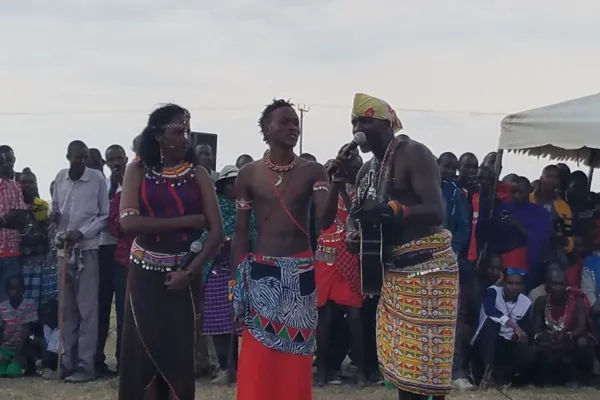Maasai Culture
The Maasai are a semi-nomadic ethnic group primarily residing in Kenya and Tanzania, known for their vibrant culture, distinctive attire, and deep connection to their pastoral lifestyle. Traditionally, the Maasai are cattle herders, with cattle playing a central role in their economic, social, and spiritual lives. Their society is organized around age-sets, with specific rites of passage marking transitions between stages of life, such as from boyhood to warriorhood and from warriorhood to elder status. The Maasai's rich oral traditions, including storytelling, songs, and proverbs, are vital for passing down knowledge and cultural values from one generation to the next.
The Maasai are easily recognizable by their colorful shukas (cloth wraps) and intricate beadwork, which hold significant cultural meanings and convey social status, age, and roles within the community. Despite facing numerous challenges from modernization, land disputes, and climate change, the Maasai have remained resilient, striving to preserve their cultural heritage while adapting to contemporary influences. Their efforts in cultural preservation, sustainable land management, and community-based tourism highlight their commitment to maintaining their identity and way of life in an ever-changing world.
Opt-in for Weekly Project Updates
Each week, we send project updates to your inbox, so that you know exactly where your donations go.
We also keep you updated on volunteer opportunities and expeditions to Kenya.

We will not sell your information to anyone, and you can opt-out at any time.
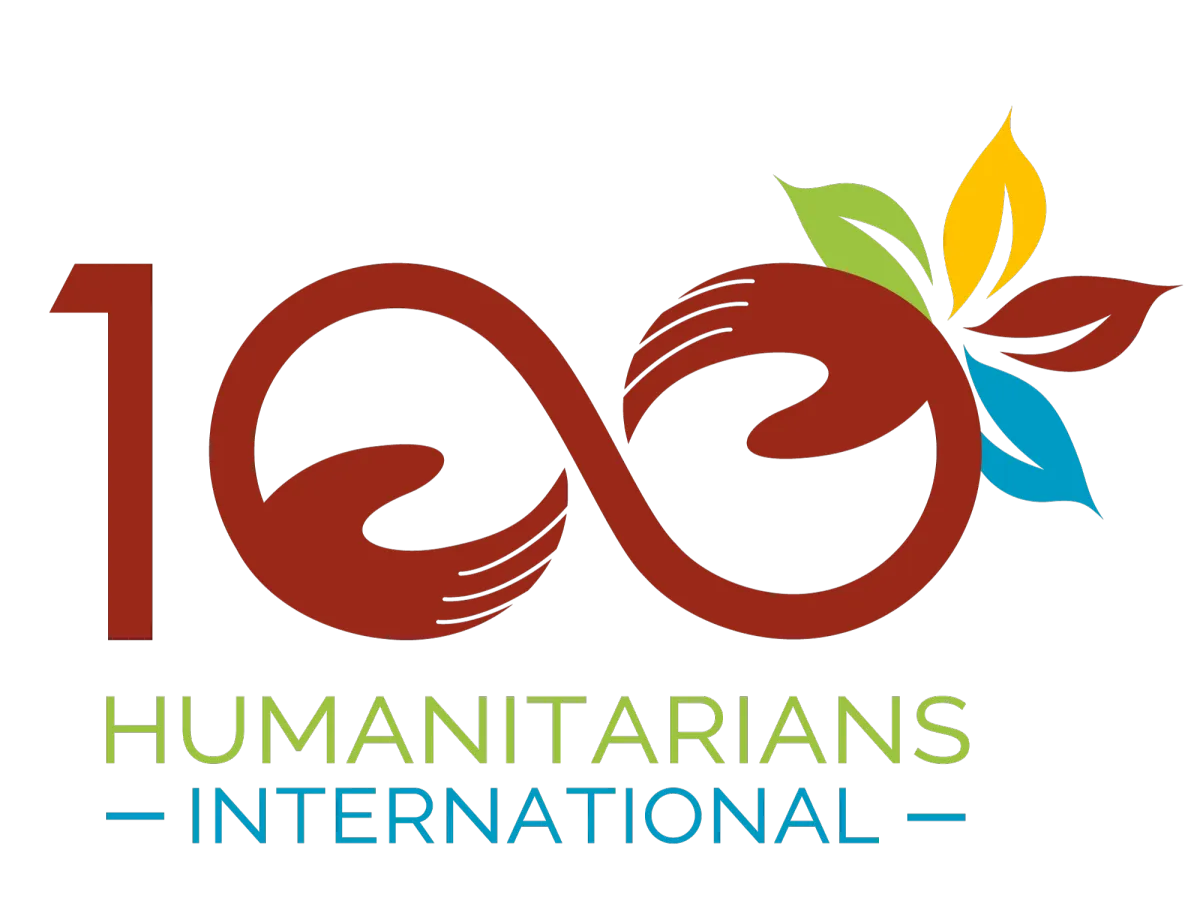
100 Humanitarians International is a 501(c)(3) nonprofit recognized by the IRS, and all donations to 100 Humanitarians International are tax-deductible in accordance with IRS regulations. EIN #82-1048388
South Jordan, Utah
801-432-0105






